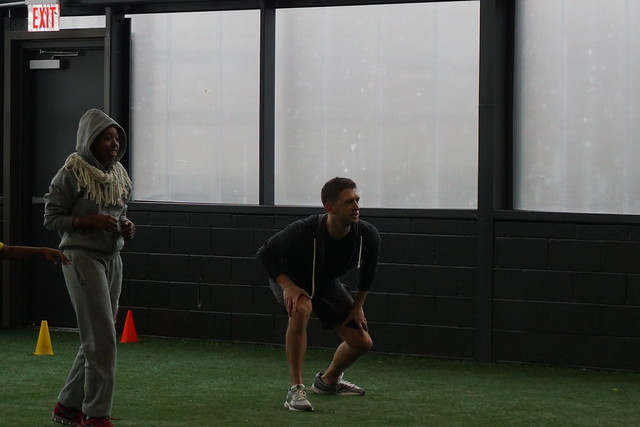Delaware courts continue to refine the case law related to uninsured (“UM”) and underinsured motorist coverage (“UIM”) as codified in 18 Del. C. § 3902. In proceeding with a UIM claim, an insured bears the burden of establishing that a particular loss falls under the coverage provisions of the applicable insurance policy. If met, the burden then shifts to the insurer to establish that a policy exclusion applies to preclude such coverage.
In a recent decision by the Delaware Superior Court, the Court concluded that “owned-but-uninsured” exclusions in insurance policies are invalid as they relate to the availability of UIM coverage. In Jessica Lee v. GEICO Choice Insurance Company, Plaintiff filed a claim for UIM coverage after settlement with a tortfeasor for damages she incurred in a motor vehicle accident. Upon submission of the claim, Plaintiff learned her policy had been canceled prior to the accident for failure to make premium payments. At the time of the collision, Plaintiff resided in the same household as her sister, who had a separate insurance policy with GEICO that also provided for UIM coverage. Plaintiff submitted a claim under her sister’s policy, which was denied by GEICO, and the lawsuit followed.
The Court evaluated Plaintiff ’s claims in the context of prior UIM case law. As Delaware courts have held, UIM coverage is personal to the insured, rather than vehicle-related. The Court first found it to be “undisputed” that Plaintiff qualified as an insured under her sister’s policy, which was defined to include “[r]elatives of [the named insured] if residents of his household.” The burden then shifted to GEICO to establish that the owned-but-uninsured exclusion applied to preclude coverage.
The Court evaluated the nature of UIM coverage as personal to the insured in the context of Frank v. Horizon Assur. Co., which also held other-motor-vehicle exclusions void as against public policy. Unlike Delaware’s no-fault insurance law, 18 Del. C. § 3902 does not include language authorizing the use of exclusions “customary to the field”. The absence of this language led the Courts in Frank and, subsequently, Lee, to conclude that any exclusions and/or restrictions to UIM coverage must be specifically authorized by statute. Furthermore, the Court in Lee held that owned-but-uninsured exclusions are contrary to the public policy behind § 3902, which is “the protection of innocent persons from the negligence of unknown or impecunious tortfeasors.” In light of this holding, the Court said it need not address the coverage status of Plaintiff ’s own vehicle.
Although the Lee decision does not significantly alter the landscape of UIM case law, it underlines Delaware courts’ emphasis on the public policy behind UM/UIM coverage as codified in 18 Del. C. § 3902. As the courts continue to adjudicate cases involving UM/UIM coverage, insurers must be mindful of the expansive nature of the statute and the court’s deference to the protection of insureds who contract for such coverage. For more information on this article, contact Noelle Torrice at ntorrice@fandpnet.com







